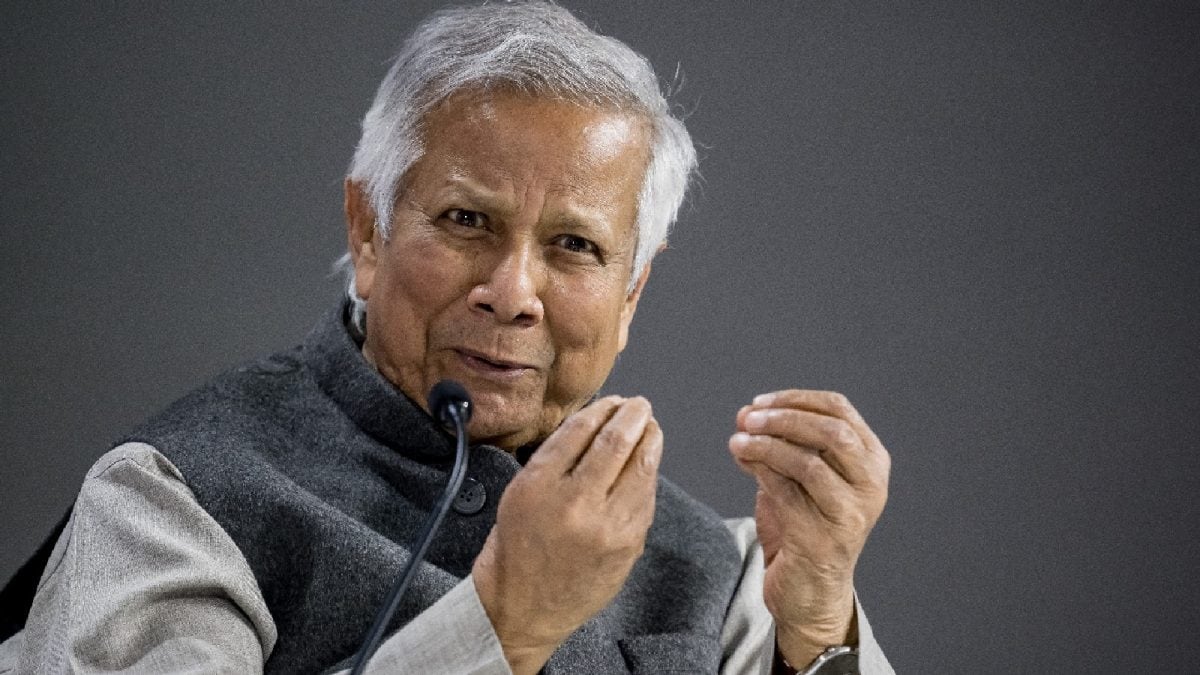Last Updated:November 23, 2025, 21:14 IST
Bill C-3, an Act to amend Canada's Citizenship Act (2025), has received royal assent to change the citizenship-by-descent rules for Canadians born abroad.

Canada is set to revise law for citizenship-by-descent | Representative Image/Unsplash
In a significant move for Indian-origin families in Canada, the Canadian government is gearing up for a major overhaul of its citizenship rules. The “Lost Canadians" legislation, aiming to fix Canada’s citizenship-by-descent rules, has received royal assent.
Bill C-3, an Act to amend Canada’s Citizenship Act (2025), was passed in the Senate this week and received royal assent, marking an important milestone in making the Citizenship Act more inclusive.
“Bill C-3 will fix long-standing issues in our citizenship laws and bring fairness to families with children born or adopted abroad. It will provide citizenship to people who were excluded by previous laws, and it will set clear rules for the future that reflect how modern families live. These changes will strengthen and protect Canadian citizenship," said Canada’s Immigration Minister Lena Diab.
What Is The ‘Lost Canadians’ Bill About?
The bill addresses a long-standing problem known as the “second-generation cut-off." In 2009, the Canadian government changed the law so that Canadians born abroad could only pass down their citizenship if their child was born in Canada, according to the Immigration, Refugees and Citizenship Canada (IRCC).
As per the current rules, a Canadian citizen born outside the country cannot automatically pass on citizenship to their child if that child is also born abroad. This created a class of “Lost Canadians", people who felt that they deserved citizenship but could not due to the laws.
On December 19, 2023, the Ontario Superior Court of Justice declared that key parts of the Citizenship Act relating to the first-generation limit to citizenship by descent were unconstitutional. The Government of Canada did not appeal the ruling, as it agreed the law had unacceptable outcomes for Canadian children who were born outside the country.
How Will It Impact Indian-Origin Families?
Once the new law comes into force, Canadian citizenship will be provided to people born before the bill comes into force, who would have been citizens if not for the first-generation limit or other outdated rules of past legislation.
Furthermore, A Canadian parent born or adopted abroad will be able to pass citizenship on to their child born or adopted outside Canada, provided that they have a substantial connection to Canada, which means spending at least 1,095 days (3 years) in Canada before the birth or adoption.
The bill is a major relief for Indian-origin people born or adopted outside Canada, who have vied for citizenship. The law awaits a cabinet order for the implementation date, but a court has already extended the deadline to January 2026.
The Canadian Immigration Lawyers Association (CILA) strongly endorsed Bill C-3 in its submission to the Parliamentary Standing Committee on Citizenship and Immigration. “The second-generation cut-off created an unfair, second-class citizenship for Canadians born abroad. It discriminated based on national origin and forced many women to relocate to Canada just to give birth," it said.

Aveek Banerjee is a Senior Sub Editor at News18. Based in Noida with a Master's in Global Studies, Aveek has more than three years of experience in digital media and news curation, specialising in international...Read More
Aveek Banerjee is a Senior Sub Editor at News18. Based in Noida with a Master's in Global Studies, Aveek has more than three years of experience in digital media and news curation, specialising in international...
Read More
First Published:
November 23, 2025, 21:14 IST
News world Canada To Overhaul Law For Citizenship-By-Descent: How It Will Affect Indian-Origin Families
Disclaimer: Comments reflect users’ views, not News18’s. Please keep discussions respectful and constructive. Abusive, defamatory, or illegal comments will be removed. News18 may disable any comment at its discretion. By posting, you agree to our Terms of Use and Privacy Policy.
Read More

 1 hour ago
1 hour ago


















